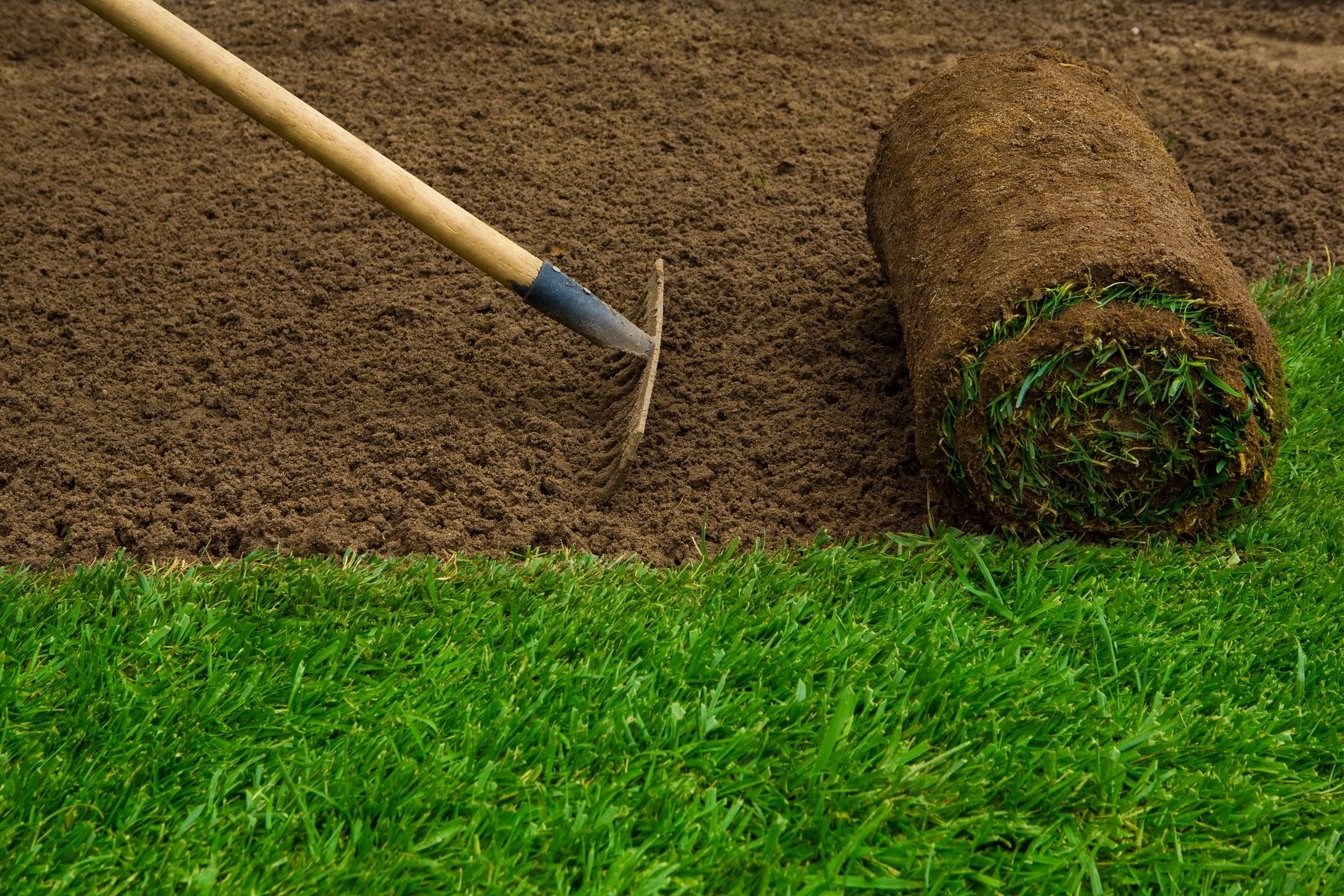Winter Grass Care

Caring for grass in Central Florida during the winter involves understanding the region's warm climate and how it impacts your lawn's needs. Florida experiences mild winters, so lawns don't go dormant like in colder states. However, cooler temperatures can still affect grass growth and health.
Here are the best practices to ensure your lawn stays healthy during the winter months:
Adjust Mowing Practices
Grass growth slows in winter, so you won't need to mow as frequently. Set your mower blade to a higher level to avoid stressing the grass. Keep the grass slightly longer to protect the roots from cooler temperatures and help retain moisture.
Water Wisely
While Florida's winter is usually drier, cooler temperatures mean grass requires less water. Water your lawn once a week or as needed, providing about 1 inch of water per session. Overwatering can lead to fungal diseases, so soil moisture must be monitored and adjusted based on rainfall.
Fertilize Appropriately
Avoid over-fertilizing in winter, as the grass is not in its peak growing season. Use a slow-release fertilizer in late fall to provide nutrients through the cooler months. Opt for a product with lower nitrogen levels to prevent excessive growth, focusing on potassium and phosphorus for root strength and stress tolerance.
Control Weeds
Winter weeds, such as clover and chickweed, can invade lawns when grass growth slows. Apply a pre-emergent herbicide in early fall to prevent weed seeds from germinating. For existing weeds, use a post-emergent herbicide compatible with your grass type.
Overseed Warm-Season Grasses
If you have warm-season grasses like Bermuda or St. Augustine, consider overseeding with cool-season grasses like ryegrass. This can maintain a lush green lawn throughout the winter when warm-season grasses slow down.
Monitor for Pests and Diseases
Even in winter, pests like chinch bugs and sod webworms can remain active. Inspect your lawn regularly and treat infestations promptly with appropriate pest control methods. Be vigilant for fungal diseases caused by overwatering or poor drainage.
Aerate and Dethatch
If your lawn has compacted soil or a heavy thatch layer, aerate and dethatch it in late fall. This will improve water and nutrient absorption during winter.
Adapt to Your Grass Type
Different grass types have unique winter needs. For instance, St. Augustine and Zoysia grasses require more care to maintain their health, while Bahia grass is relatively low maintenance.
By following these tips, your lawn will remain healthy and prepared for robust growth come spring.
If you want help with your yard, contact us at ELT Landscape.
